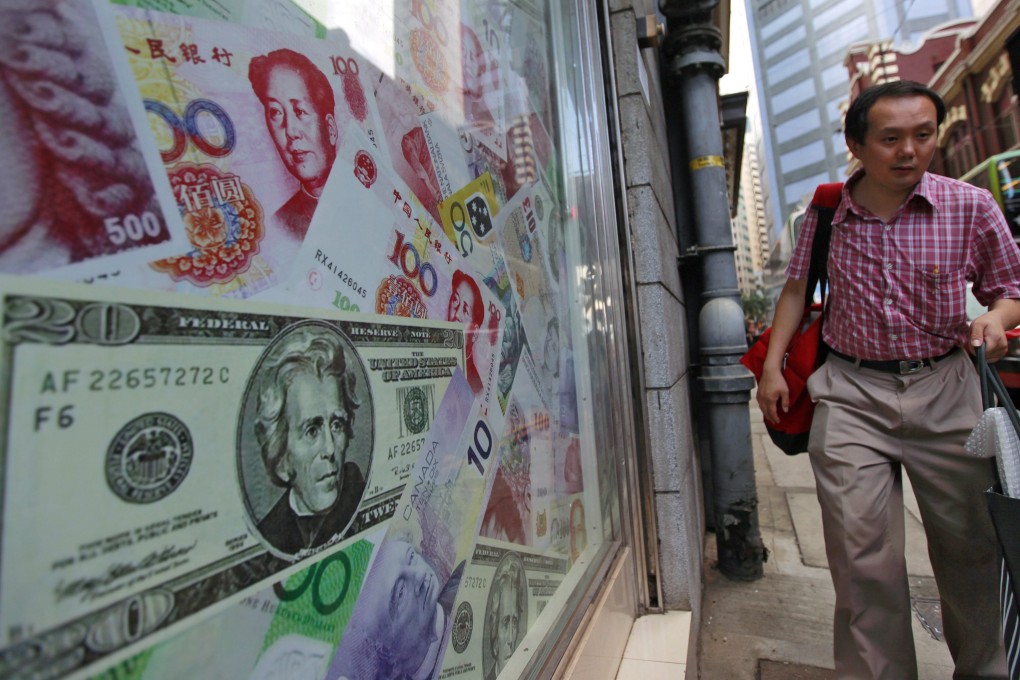Portfolio | Chinese shares under rerating pressure following yuan depreciation

The target price of some Chinese corporates that hold foreign currency debt, in particular property developers and some industrial firms, are facing downward pressure as their debt burden is seen rising and margins get squeezed following last week’s yuan devaluation.
The 42 rated Chinese property developers tracked by rating agency Moody’s, for example, had around 35.5 per cent of their debt denominated in non-renminbi currencies on average, including offshore bonds and bank loans, in their debt structure at the end of 2014, according to a Moody’s report.
“This foreign currency risk is largely un-hedged,” said Moody’s analysts led by Simon Wong. “Because of the mismatch between their foreign currency debt obligations and renminbi-denominated revenues and operating cash flow, their interest expenses and principal amounts of foreign currency debt will increase in renminbi terms in tandem with a depreciating renminbi.”
The rating agency found that most of the developer’s debt burden would likely deteriorate following the yuan devaluation, albeit at different levels, it said.
For example, companies that are state-owned and have strong financial buffers, such as China Overseas Land & Investment Ltd., and China Resources Land Ltd., could see net debt to net capitalisation ratio fall by a marginal two to three percentage points in 2015 should the yuan depreciate by 10 per cent.
However, developers such as Greenland Hong Kong Holdings, Yuzhou Properties, Yuexiu Property and Shimao Property, could suffer from a bigger impact on their debt leverage, it said.
Apart from developers, other firms such that hold foreign currency debt are also affected.

